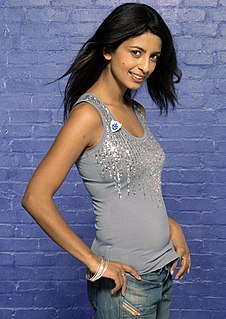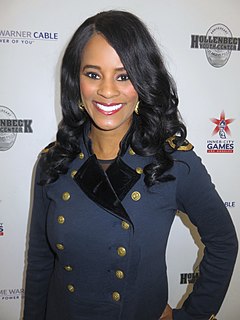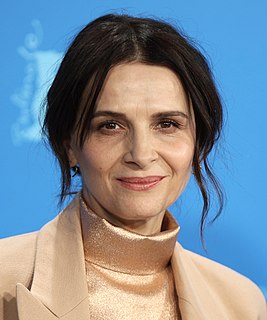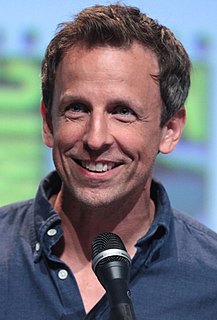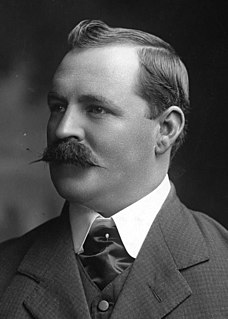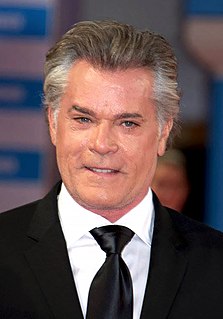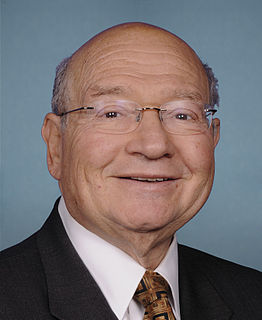A Quote by Konnie Huq
Journalists know other journalists - that's the only reason my engagement made it into the papers. I don't think real people are interested - just the media, just Twitter!
Quote Topics
Related Quotes
I think that all journalists, specifically print journalists, have a responsibility to educate the public. When you handle a culture's intellectual property, like journalists do, you have a responsibility not to tear it down, but to raise it up. The depiction of rap and of hip-hop culture in the media, I think, is one that needs more of a responsible approach from journalists.
I think that all journalists, specifically print journalists, have a responsibility to educate the public. When you handle a culture's intellectual property, like journalists do, you have a responsibility not to tear it down, but to raise it up. The depiction of rap and of hip-hop culture in the media is one that needs more of a responsible approach from journalists. We need more 30-year-old journalists. We need more journalists who have children, who have families and wives or husbands, those kinds of journalists. And then you'll get a different depiction of hip-hop and rap music.
When I first signed up for a Twitter account - I was to say it was in 2007, people are going to think it's some weird self promotional thing or it's going, but in time I was called upon to like try to persuade other foreign correspondents and journalists to get on Twitter and see the usefulness of it which is kind of ironic. I think the journalists who are leading the digital charge at the Times have, all have that background as a foreign correspondent, which I think is not accidental.
Journalists in newspapers and in many magazines are not permitted to be subjective and tell their readers what they think. Journalists have got to follow a very strict formulaic line, and here we come, these non-fiction writers, these former journalists who are using all the techniques that journalists are pretty much not allowed to use.
Who should regulate the media? Who should control the press? The commentariat agonises, as if the choice was between state control through some autocratic press law or a new Press Complaints Commission redecorated with false teeth. But there is another way. Let journalists regulate themselves.... Let's have a little democracy in the media. Even in the Murdoch papers, the number of journalists who are irretrievably lawless and callous is quite small. Most of the disasters at the News of the World happened because its editors treated their staff in the style of Muammar Gaddafi.
The media has changed. We now give broadcast licenses to philosophies instead of people. People get confused and think there is no difference between news and entertainment. People who project themselves as journalists on television don't know the first thing about journalism. They are just there stirring up a hockey game.
